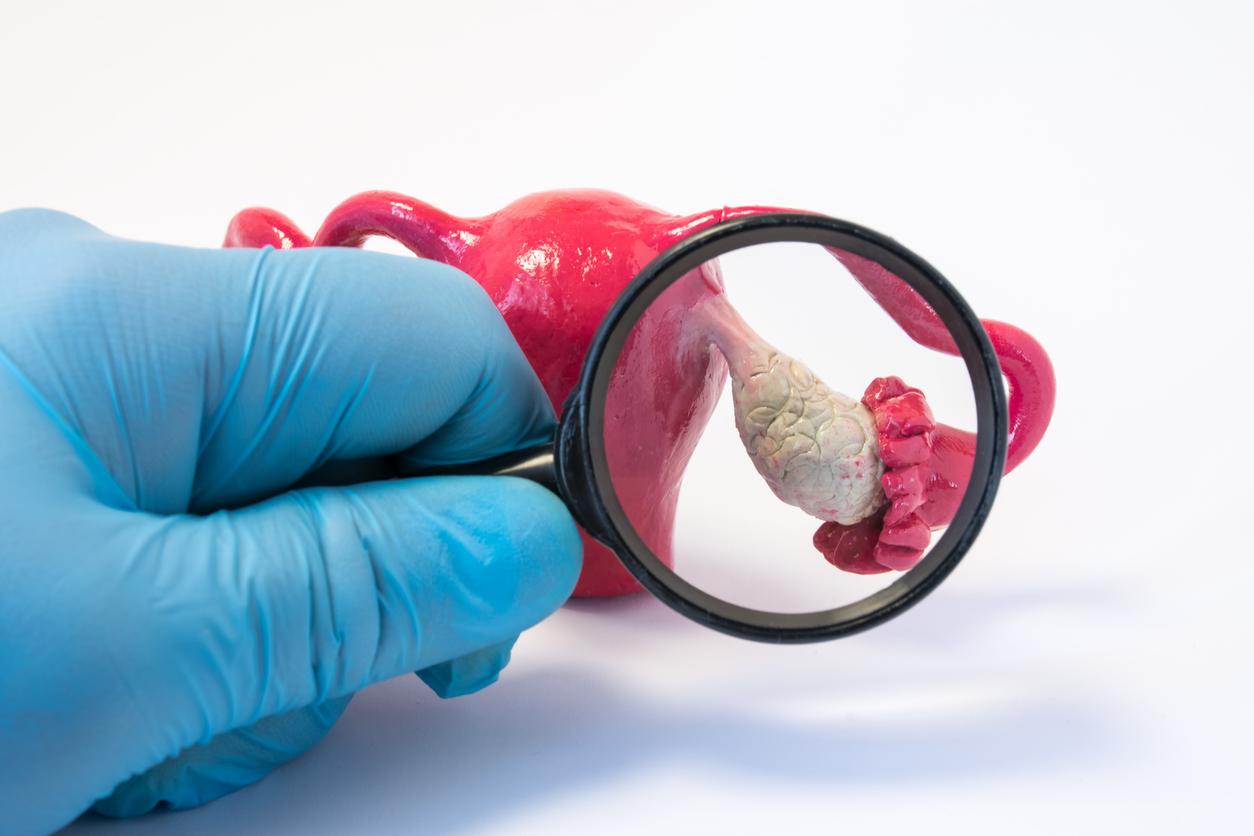The figure is worrying: people infected with Covid-19 have a 55% increased risk of developing cardiovascular disorders in the year following their infection. This is the result of a large study conducted on a “cohort of veterans” in the United States. Published on February 7, 2022 in the journal NatureMedicinethe study involved 153,760 people, who tested positive between 1and March 2020 and January 15, 2021. Very few people were vaccinated then, as the vaccine was not yet available everywhere at the time.
The cardiovascular disorders observed were of all types: abnormal heart rhythm (arrhythmia), formation of blood clots (thrombosis), pulmonary embolism, stroke, coronary artery disease, heart failure, myocardial infarction and, in the worst cases, the death.
These infected people were compared to a first group of 5.6 million uninfected people over the same period and another of 5.8 million people followed before the pandemic, between March 2018 and January 2019. The study does not did not concern the latest variants of Covid-19, namely Delta and Omicron.
The medical files analyzed were from the “veteran cohort”, a group of veterans followed by Washington University in Saint-Louis. This cohort is composed of a majority of men (89%) white (71%) aged on average 61.4 years.
Results that are “chilling in the back”
And the results are quite striking. Between the second and the twelfth month following infection, the risk of having an acute heart attack is 72%. Ditto for the risk of heart failure, increased by 72%. The risk of pulmonary embolism increased by 193% and that of stroke by 54%. “The increased risk concerns all cardiovascular events, which is a bit chilling“, confides to the newspaper The worldXavier Jouven, head of the cardiovascular unit at the Georges Pompidou European Hospital.
The overrisk is nevertheless not “not a total surprise“following an infection, nuance Gabriel Steg, head of the cardiology department at Bichat Hospital in Paris. The risk had already been demonstrated after certain bacterial infections, in particular a urinary tract infection, and to a lesser extent after a severe flu.
The less serious forms also affected
According to the results of the American study, the increased risk is observed even in infected people who have had a mild form of Covid-19, i.e. 84% of the cohort. “These risks and burdens were evident even in people who were not hospitalized during the acute phase of infection and increased gradually by care setting during the acute phase,” the study details.
That said, the complications relate to people who had already a silent pathology revealed by Covid-19, or patients in whom infection has declared a new disease. “These are then often pericarditis and myocarditis, which occur rather in healthy and younger subjects.“, comments again in the daily The world, Gabriel Steg.
The most surprising comes from people who had never had a cardiovascular problem in the past. Overall, in the cohort, 4% more people were affected by a cardiovascular disorder in the infected group, compared to the uninfected groups. Given that there have been more than 380 million people infected worldwide, the authors of the study estimate that Covid-19 may have caused more than 15 million cardiovascular diseases.
They stress the importance of better monitoring infected patients, over the longer term. “The care pathways of people surviving the acute episode of COVID-19 should include attention to cardiovascular health and disease,” they conclude.
Sources:
- Long-term cardiovascular outcomes of COVID-19, NatureMedicineFebruary 2022
- Covid-19: an increased risk of cardiovascular disease in the year following the diseaseThe World, February 2022
Read also:
- Stroke: the poorer you are, the greater the risk
- Lower risk of stroke for heavy fish eaters


















